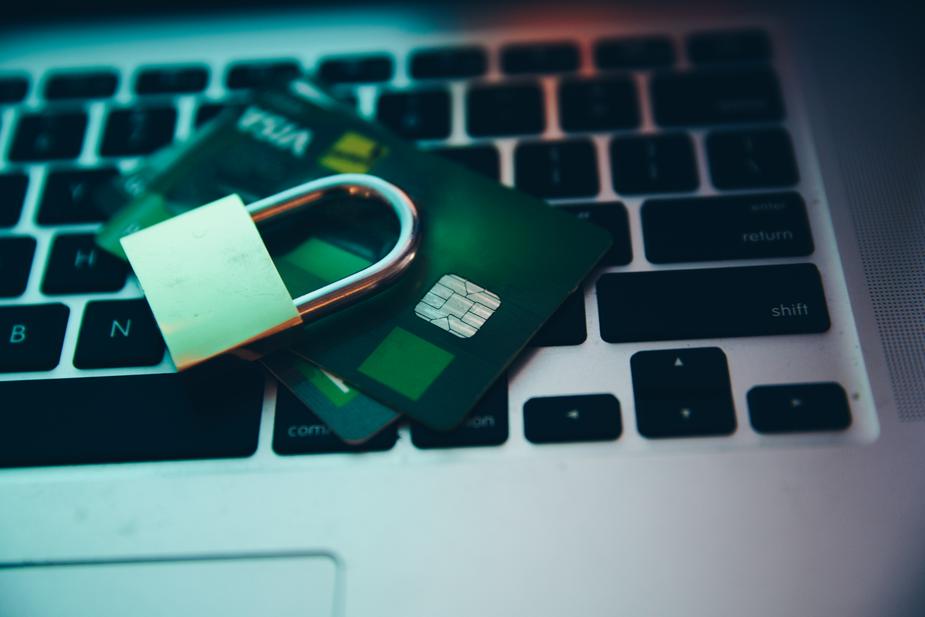Holidays are approaching, and it’s time to start working on your Christmas lists! In the times of COVID-19, online shopping offers an alternative to visiting crowded shopping centers. However, it’s important to note that online shopping can also be risky for a different reason – it puts your confidential information and your identity at risk. Here are a few tips that will help you have a safer online shopping experience.
1. Keep Your Browser Updated
It’s easy to avoid updating your browser. You might think you don’t really need the latest browser updates—after all, how much different and better could it actually be? However, there’s a reason they put out regular updates! You should always update your browser to the latest version because it will provide you with maximum protection from the latest tactics used by hackers and identity thieves.
2. Only Use Retailers You Trust
When you’re online shopping, you’re handing over your most valuable data to the retailer. This requires an enormous amount of trust. Don’t get caught up in a sale or a discount that seems too good to be true if it’s from a retailer you don’t recognize or have never shopped with before—they could be trying to scam you!
3. Read Reviews Before Adding to Cart
That being said, if there’s something you really want to purchase from a retailer you’ve never used, it’s so important to get as much info about the company before you actually purchase from them. See what other consumers are saying such as if they get their products on time and if they are as advertised. A company that is able to have a good reputation with consumers will be a company that takes the security of customers seriously!
4. Limit Online Shopping to Your Personal Wi-Fi
You should never place online purchases when you’re using public Wi-Fi. It’s easy for tech-savvy web users to intercept your confidential information if you’re on a public network. The only exception would be if you are using a virtual private network (VPN), which is an extra layer of safety.
5. Don’t Save Info
Online shopping is easier when you can save your credit card info to your online account or an app—but it’s not necessarily safe. Not every retailer you shop with will necessarily have measures in place to keep your saved info secure. If a breach happens, your info could be stolen. Be safe and choose to manually enter your info with each purchase.
6. Amp Up the Security of Your Online Accounts
All your online accounts should contain unique passwords (no repeats), and they should also follow strong password guidelines. This means making sure your password isn’t too short, contains a mix of letters and numbers, and doesn’t contain any personally identifying information.
Don’t want to keep track of all these passwords? Luckily, you don’t have to. Use an app like LastPass and Dashlane to manage all your passwords effectively and securely.
7. Monitor Your Credit Card Activity
Even if you’ve taken all these precautions, there’s no way to guarantee that some of your personal info wasn’t stolen while you were shopping online. Because of this, it’s smart to monitor your credit card activity, especially following an online shopping spree. If you see any suspicious activity, you’ll know your identity has been stolen. The faster you find out, the less damage will be done.
Have a Safe and Happy Holiday
The holidays can already be a little overwhelming—the last thing you’d want is to deal with your identity getting stolen. Be as safe as you can! With these tips, you’ll be prepared to have a successful, safe holiday shopping extravaganza!


